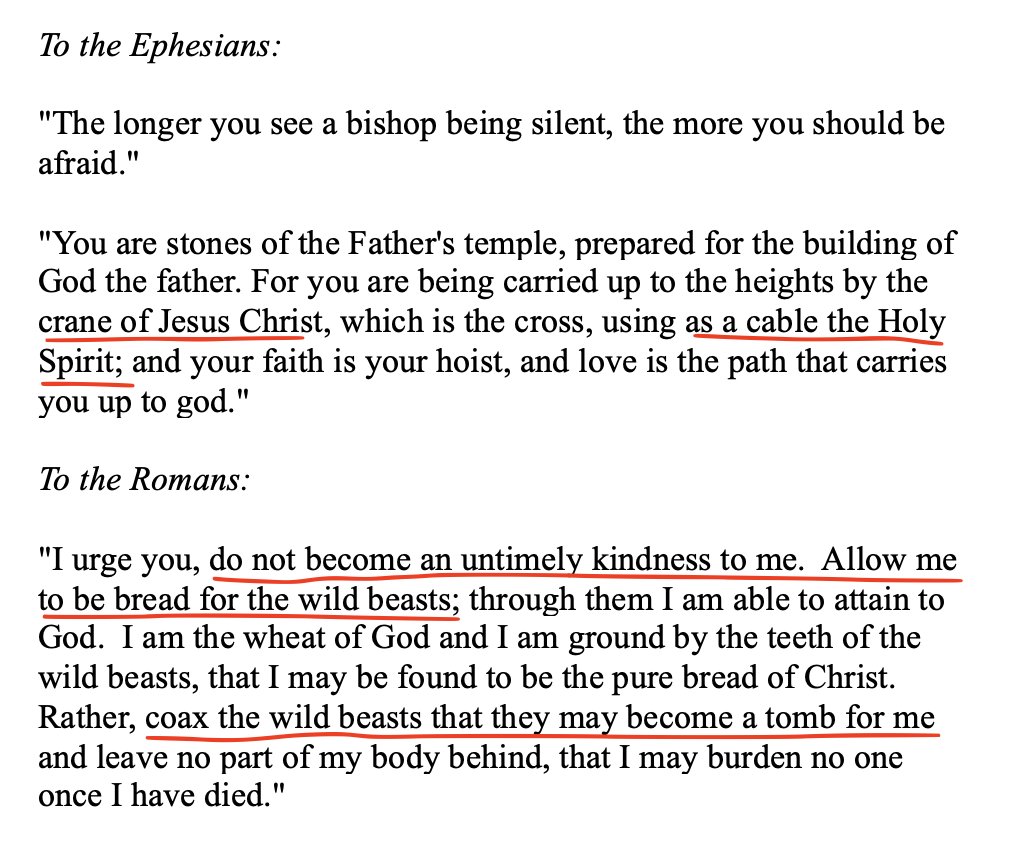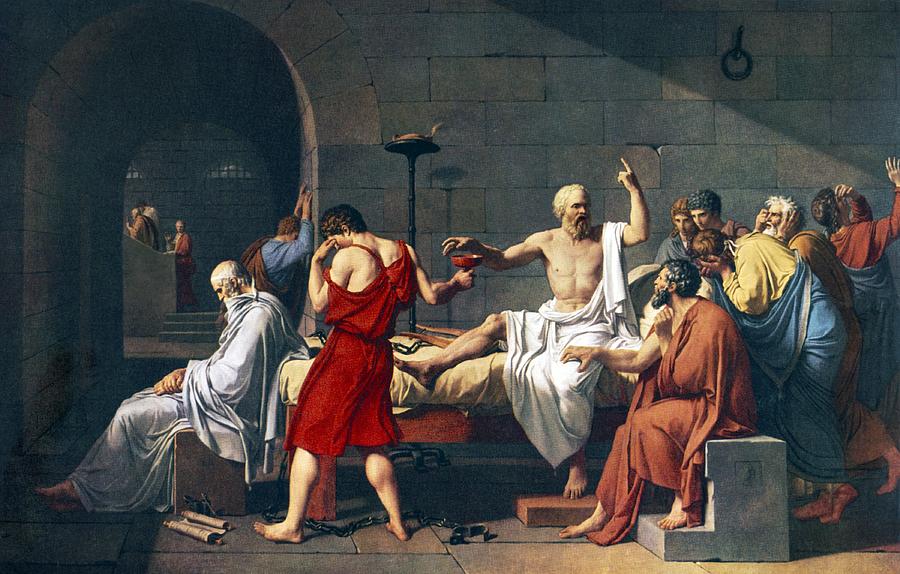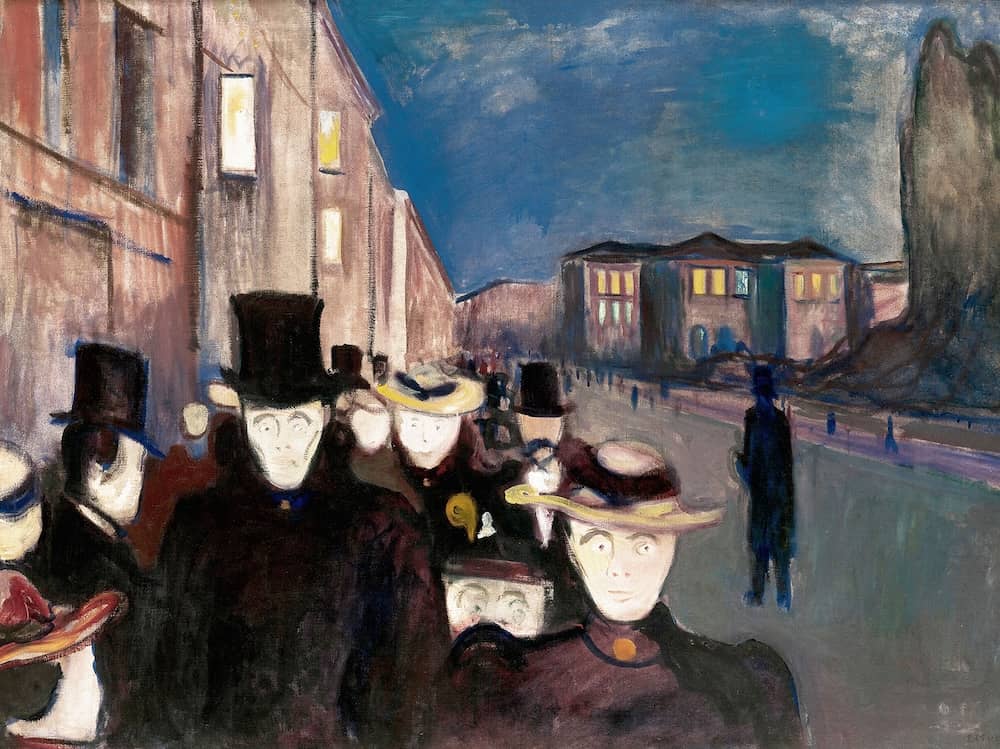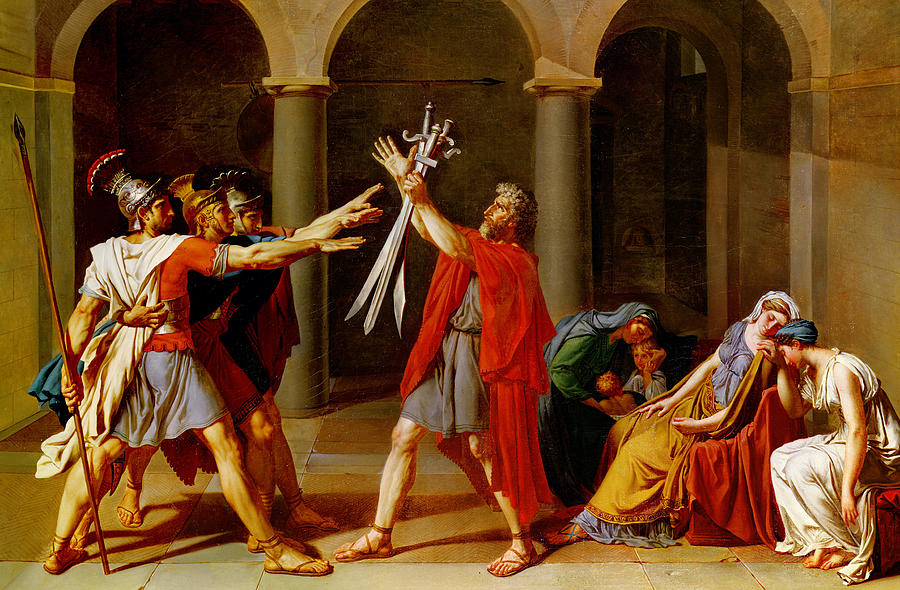8 ancient Christian texts every Atheist should read.
I have spent just as much time on classic Christian books as classic Pagan ones.
I'm not an atheist, but if I were,
These are the ones these are the ones that would help me find God.
(besides the Bible)
I have spent just as much time on classic Christian books as classic Pagan ones.
I'm not an atheist, but if I were,
These are the ones these are the ones that would help me find God.
(besides the Bible)

Even if they don't convert you, these are worth reading.
Selected because they are:
-Short
-Influential
-Accessible
-Narrative driven mostly
I find stories about real, amazing people more engaging than theology.
These illustrate why Christianity conquered Rome.
Selected because they are:
-Short
-Influential
-Accessible
-Narrative driven mostly
I find stories about real, amazing people more engaging than theology.
These illustrate why Christianity conquered Rome.

1) Martyrdom of Polycarp
The authorities come for the old bishop of Smyrna; he refuses to do pagan sacrifice.
Martyr means "witness." Polycarp was one of the first.
Written by his followers, who saw it happen.
Note the vivid details in these excerpts:
The authorities come for the old bishop of Smyrna; he refuses to do pagan sacrifice.
Martyr means "witness." Polycarp was one of the first.
Written by his followers, who saw it happen.
Note the vivid details in these excerpts:

2) Letters of Ignatius of Antioch
Polycarp was following the example of bishop Ignatius of Antioch.
We have letters Ignatius wrote to many Christian communities
...on his journey to face the lions in Rome.
Ignatius met Polycarp on his way.
Polycarp was following the example of bishop Ignatius of Antioch.
We have letters Ignatius wrote to many Christian communities
...on his journey to face the lions in Rome.
Ignatius met Polycarp on his way.

2). Ignatius of Antioch (cont.)
Ignatius is more readable than St. Paul, and highly quotable.
He knew how to use metaphors well.
Like Polycarp, he comes from the first or second generation of Christians after Jesus' disciples.
Here are some notable excerpts:
Ignatius is more readable than St. Paul, and highly quotable.
He knew how to use metaphors well.
Like Polycarp, he comes from the first or second generation of Christians after Jesus' disciples.
Here are some notable excerpts:

3) Justin Martyr, First Apology
A concise statement/defense of early 2nd century Christian beliefs & practices, for Emps. Antoninus and Marcus Aurelius.
Justin trained in philosophy before his conversion.
It shows.
Tertullian is another good one; I prefer Justin's style.
A concise statement/defense of early 2nd century Christian beliefs & practices, for Emps. Antoninus and Marcus Aurelius.
Justin trained in philosophy before his conversion.
It shows.
Tertullian is another good one; I prefer Justin's style.

4) Gregory Thaumaturgus, In Praise of Origen
Gregory writes in honor of his teacher,
One of the most influential Christian thinkers ever,
From Alexandria, the intellectual capital of the ancient world.
G. focuses on Origen's character, his virtues, and his pedagogy.
Gregory writes in honor of his teacher,
One of the most influential Christian thinkers ever,
From Alexandria, the intellectual capital of the ancient world.
G. focuses on Origen's character, his virtues, and his pedagogy.

5) Infancy Gospel, "Protoevangelium" of James
The baby in that painting below is not Jesus, but his mother, Mary
This text tells that story - Mary's birth and life before Jesus came along.
#1 source for early Chr. interest in / beliefs about Mary.
Attributed to the Apostle.
The baby in that painting below is not Jesus, but his mother, Mary
This text tells that story - Mary's birth and life before Jesus came along.
#1 source for early Chr. interest in / beliefs about Mary.
Attributed to the Apostle.

6) Passion of Perpetua
Amazing story about a Christian lady and her friends, in Roman Carthage, Africa.
She has a series of stirring dreams before her final contest in the arena.
Her death scene is gripping, unforgettable, and 100% realistic, unlike many martyr stories.
Amazing story about a Christian lady and her friends, in Roman Carthage, Africa.
She has a series of stirring dreams before her final contest in the arena.
Her death scene is gripping, unforgettable, and 100% realistic, unlike many martyr stories.

7). Life of Antony
Famous founding figure of Christian monasticism,
Original Desert Father.
The book had a major impact on St. Augustine's conversion;
Has it all: Demons in the Egyptian desert, debates with sages and heretics, exchanges with Emperors.
Michelangelo's Antony:
Famous founding figure of Christian monasticism,
Original Desert Father.
The book had a major impact on St. Augustine's conversion;
Has it all: Demons in the Egyptian desert, debates with sages and heretics, exchanges with Emperors.
Michelangelo's Antony:

8) Life of St. Macrina
Fascinating portrait of a very talented aristocratic Christian family,
Macrina is the eldest daughter.
By her brother, St. Gregory of Nyssa, noted orator, theologian, bishop, and critic of slavery.
St. Basil the Great (other brother) appears too.
Fascinating portrait of a very talented aristocratic Christian family,
Macrina is the eldest daughter.
By her brother, St. Gregory of Nyssa, noted orator, theologian, bishop, and critic of slavery.
St. Basil the Great (other brother) appears too.

When you read, remember:
The early Christians were Romans.
They were not like us.
They thought, spoke, and acted differently.
Learn to understand their ways, and you will grow, no matter what you believe.
The early Christians were Romans.
They were not like us.
They thought, spoke, and acted differently.
Learn to understand their ways, and you will grow, no matter what you believe.

If you enjoyed this, go RT the first tweet in the thread to share!
Follow me for more on the great characters of history.
Also, listen to the Cost of Glory biography podcast.
(available on all apps & YouTube.)
*Links to editions / texts coming in a separate tweet*
Follow me for more on the great characters of history.
Also, listen to the Cost of Glory biography podcast.
(available on all apps & YouTube.)
*Links to editions / texts coming in a separate tweet*
• • •
Missing some Tweet in this thread? You can try to
force a refresh





















